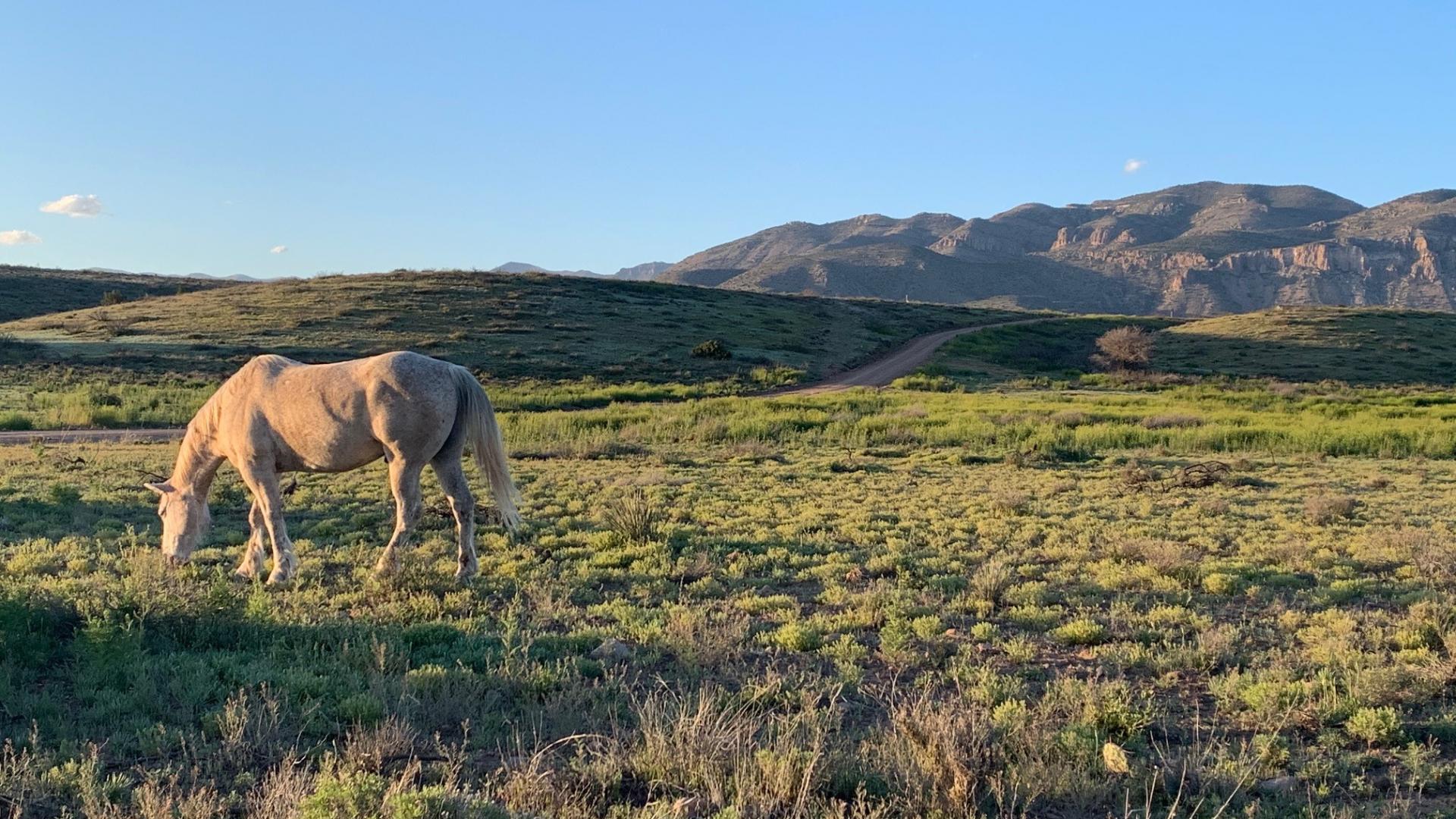
- Body
“Local knowledge” refers to a body of knowledge held by an individual or group of people about ecological systems, based on personal and/or cultural experience and observation. Local knowledge can be contrasted with knowledge that is primarily derived from a formal institution or specialized field of research. Local knowledge has much in common with traditional ecological knowledge (TEK), but the two are not synonymous.
Berkes (2008) defines traditional ecological knowledge as “a cumulative body of knowledge, practice and belief, evolving by adaptive processes and handed down through generations by cultural transmission”. Local knowledge can be obtained through direct experience with the land but does not imply a culturally embedded and inter-generationally transmitted knowledge base that incorporates values, institutions and practices as well as biophysical observations. Traditional ecological knowledge is also experiential knowledge but it is culturally embedded, inter-generationally and socially transmitted and almost always includes a much wider set of beliefs, values and institutions that are inseparable from the other components of traditional ecological knowledge.
Both local knowledge and traditional ecological knowledge are not stationary. Knowledge can evolve, change and accumulate with new experiences and learning, as well as interactions with other forms of knowledge, including science. Both local knowledge and traditional ecological knowledge are useful and important sources of information, not only to those who have this knowledge, but also to science and understanding ecological change. For example, local knowledge and traditional ecological knowledge can fill in gaps where quantitative data may not exist, can provide important context about landscape history and management, and can engage local populations in decision making processes about ecological management. Many studies in the US and beyond have documented local knowledge and traditional ecological knowledge held by pastoralists, ranchers and others. Methods for documenting and collecting local knowledge often come from social science, and include techniques like surveys, interviews, and focus groups.
Additional Links
Further Reading
- Berkes, F. 2008. Sacred ecology, 2nd ed. Philadelphia, PA, USA: Taylor & Francis. 313 p.